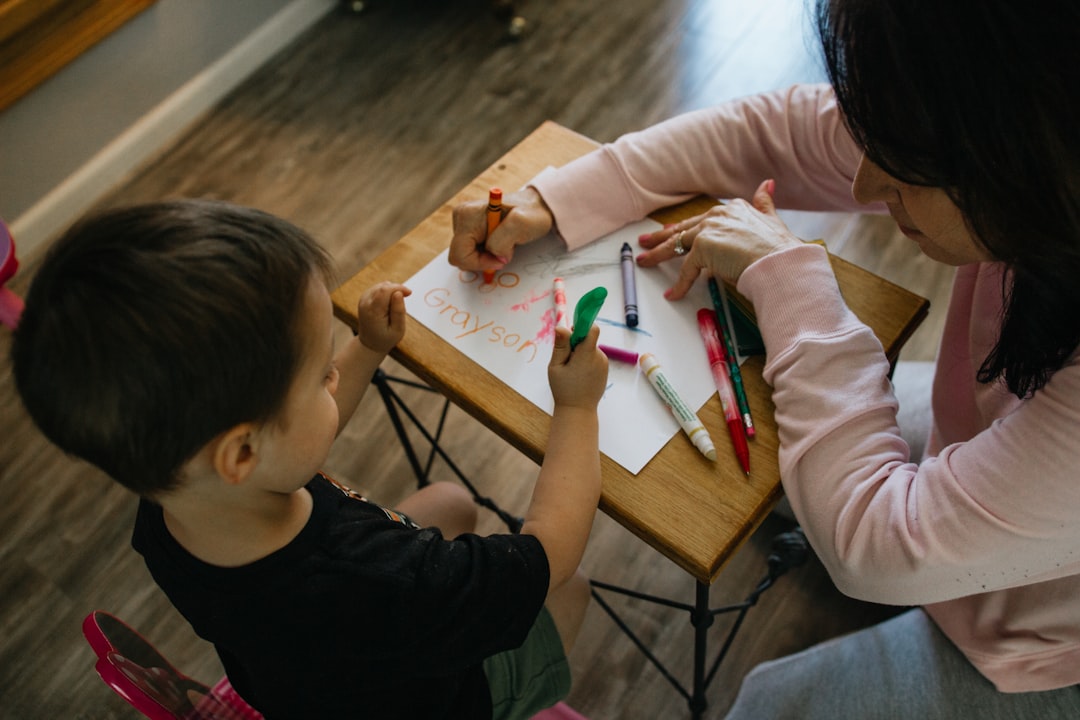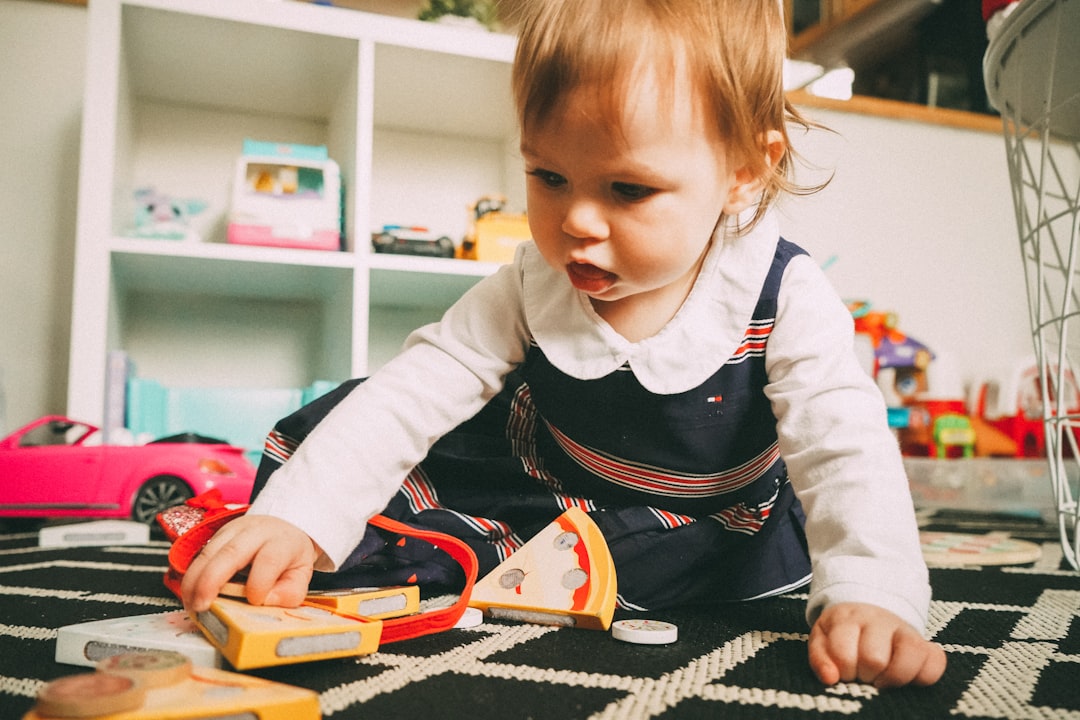Neglect in daycare settings poses severe risks to children's well-being. Indicators include physical injuries, behavioral changes, emotional distress, and developmental delays. Parents should communicate with caregivers regularly and trust their instincts. Daycare abuse lawyers in Ohio play a crucial role in protecting children, initiating healing, and holding accountable those responsible for neglect, which can lead to long-term psychological harm and developmental delays. Legal protections ensure daycares meet strict care standards, and specialized support is vital for emotional recovery of abused children.
In Dayton, Ohio, understanding the psychological effects of neglect in daycares is crucial for safeguarding our youngest residents. This comprehensive guide explores the signs of neglect, its short-term and long-term impacts on children’s mental health, and the legal protections in place for victims. We delve into strategies for supporting recovery and justice, emphasizing the importance of early intervention. If you or someone you know has experienced daycare abuse, connect with a knowledgeable Dayton daycare abuse lawyer for guidance and support.
Identifying Signs of Neglect in Daycares

Recognizing neglect in daycare settings is a critical step in ensuring the well-being of children. Parents and caregivers must be vigilant to spot potential signs, as early detection can prevent severe long-term effects. Daycare abuse lawyer Ohio emphasizes that indicators of neglect may include physical symptoms like chronic injuries, inadequate hygiene, or unusual behavior changes. A child might exhibit excessive fear, anxiety, withdrawal, or aggression.
Moreover, emotional and developmental milestones should be monitored. Delays in language development, social skills, or learning abilities could suggest neglectful care. Inadequate supervision, inconsistent routines, or a lack of age-appropriate stimulation are also red flags. Parents should communicate regularly with caregivers and trust their instincts if something feels amiss. Prompt action by informed parents can make a significant difference in the life of a neglected child.
Short-Term Psychological Impacts on Children

Children who experience neglect in a daycare setting can face significant short-term psychological impacts. These effects may include increased anxiety, depression, and difficulty forming attachments to caregivers. Neglect can disrupt a child’s sense of security and trust, leading to feelings of abandonment that can persist into their future relationships.
Additionally, children subjected to daycare abuse may exhibit behavioral changes such as aggression, withdrawal, or extreme mood swings. They might struggle with self-esteem and have a distorted view of their worth. Prompt intervention from authorities, including the involvement of a daycare abuse lawyer in Ohio, is crucial to protect these vulnerable individuals and initiate healing processes that can mitigate long-lasting psychological scars.
Long-Term Trauma and Developmental Delays

The long-term effects of neglect in a daycare setting can be profound and far-reaching, often leading to significant developmental delays in children. When a child experiences consistent emotional or physical neglect, their brain development can be altered, affecting various aspects of their growth. Research suggests that early adverse experiences, such as neglect, can disrupt the brain’s structure and function, particularly in regions responsible for emotion regulation, memory, and decision-making. This neurological impact can manifest as challenges in learning, social interactions, and emotional resilience later in life.
These delays and traumas can persist into adulthood if left unaddressed, leading to a range of mental health issues. Individuals who have experienced daycare abuse may struggle with anxiety, depression, post-traumatic stress disorder (PTSD), and low self-esteem. They might also exhibit difficulty forming healthy relationships and managing their emotions effectively. Understanding these potential long-term consequences is crucial for holding daycare facilities and staff accountable for any instances of neglect or abuse, especially when seeking legal advice from a Dayton daycare abuse lawyer to ensure justice and support for the affected children.
Legal Protections for Dayton's Youngest Victims

In Ohio, there are stringent legal protections in place to safeguard children from potential neglect and abuse within daycares. These regulations aim to ensure that facilities adhere to strict standards of care, prioritizing the well-being and security of Dayton’s youngest residents. Any instance of daycare abuse or neglect can have profound psychological consequences on children, necessitating immediate intervention and legal action.
Parents and guardians in Ohio are empowered to take legal recourse if they suspect their child has been subjected to neglect while in daycare. Engaging the services of a daycare abuse lawyer in Ohio is a crucial step towards justice and healing for victims. These legal professionals possess the expertise to navigate complex laws, ensuring that children’s rights are upheld and that those responsible are held accountable for their actions.
Supporting Recovery and Justice for Abused Kids

Children who have experienced neglect or abuse in daycares require specialized support for their emotional recovery. This process involves creating a safe and nurturing environment, often facilitated by therapy and counseling services tailored to their age group. A daycare abuse lawyer in Ohio can play a pivotal role in ensuring justice for these vulnerable kids, helping them gain access to necessary resources and compensation for the trauma they’ve endured.
Supportive legal representation can advocate on behalf of abused children, pressing for changes in regulations to better protect young minds. By holding accountable those responsible for neglect or abuse, these lawyers contribute to a culture shift, deterring potential perpetrators and promoting daycares that prioritize child well-being. This holistic approach—combining legal advocacy with therapeutic interventions—is crucial in helping children heal and thrive after traumatic experiences.




